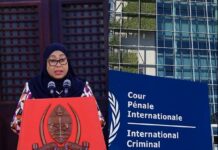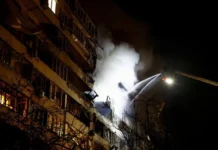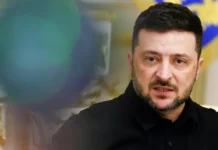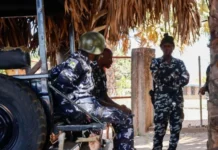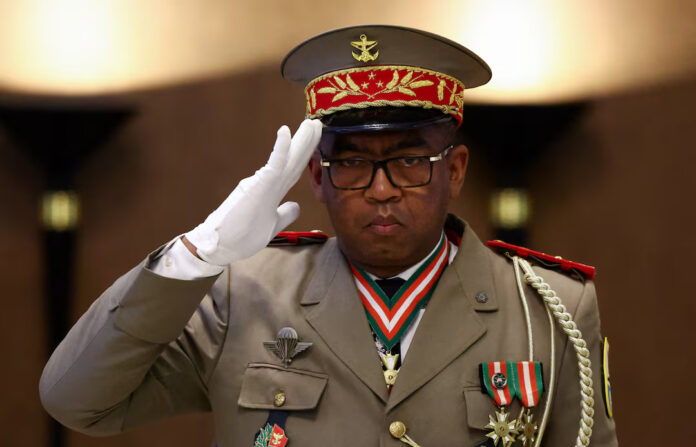
Madagascar’s President Andry Rajoelina on Monday appointed army General Ruphin Fortunat Zafisambo as the country’s new prime minister, a week after dissolving his government amid escalating protests over persistent power and water shortages.
Zafisambo, who previously served as director of the military cabinet in the prime minister’s office, replaces Christian Ntsay, dismissed as part of Rajoelina’s move to restore public confidence.
Announcing the appointment, Rajoelina said Madagascar needed “a prime minister capable of restoring order and the people’s trust,” adding that Zafisambo’s top priority would be to stabilize electricity and water supplies.
The appointment came as protesters returned to the streets of the capital, Antananarivo, and several other cities for a third consecutive week, demanding the president’s resignation.
Police fired tear gas to disperse marchers, many of them university students, according to Reuters reporters at the scene. Demonstrations have also spread to the southern city of Toliara and the northern city of Diego Suarez, with television footage showing confrontations between police and protesters.
The unrest, Madagascar’s most significant in recent years, has been fueled by worsening poverty, government corruption, and deteriorating public services. Protesters say the 51-year-old president has failed to deliver on promises of reform.
Inspired by similar “Gen Z” movements in Kenya and Nepal, the protests have drawn thousands across the Indian Ocean island nation.
Despite its mineral wealth and vast agricultural resources, Madagascar remains one of the world’s poorest nations, with per capita income having dropped by nearly 45% since independence in 1960.
The United Nations says at least 22 people have been killed and more than 100 injured since demonstrations began, figures the government disputes.
Rajoelina, in a speech last week, said he was open to dialogue and willing to address citizens’ grievances but refused to consider stepping down. His office accused “political actors” of exploiting the unrest to destabilize the country.
Civil society groups remain divided on engaging with the government. While the presidency said some organizations met with Rajoelina over the weekend, others declined, citing continued arrests of protesters and restrictions on peaceful demonstrations.
Zafisambo’s appointment signals a tightening of state control as Madagascar’s leadership struggles to contain growing public anger and restore stability.
Source: Reuters
Written By Rodney Mbua









